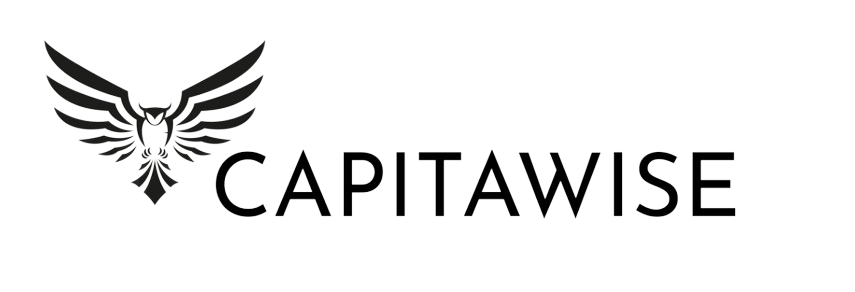A Live Debate Within the Capitawise Team This Month
The role of AI in insurance reserving has been a recurring discussion at Capitawise, particularly as we continue engaging with insurance executives about modernising capital management. With increasing pressure on insurers to optimise reserves while maintaining regulatory compliance, the question remains: should traditional actuarial methods be replaced or merely enhanced with AI-driven insights?
At Capitawise, our team—comprising actuarial data scientists, and insurance strategists—have been debating the real-world feasibility of AI in reserving. This month, it became a focal point of our internal and external conversations, including letters sent by our founder to insurance CEOs, outlining why AI should not be viewed as an outright replacement but as a complementary force to existing actuarial models.
The Case for AI in Reserving: A Growing Yet Measured Shift
The industry has long relied on deterministic models such as the Chain Ladder and Bornhuetter-Ferguson methods. While these techniques are well understood and deeply embedded in regulatory frameworks, they come with limitations—most notably their reliance on historical data and assumptions that may not always capture emerging risks.
AI and machine learning can introduce a more dynamic approach, using real-time data to refine risk assessments and automate workflows. According to market reports, a significant number of UK insurance executives are actively investing in AI to improve operational efficiency. Yet, despite this enthusiasm, AI adoption in reserving remains limited.
From our discussions with insurers, the key barriers include:
- Regulatory expectations: Transparency and model explainability are paramount, making ‘black-box’ AI solutions difficult to justify.
- Data Quality & Availability: Machine learning requires substantial, clean datasets—something not all insurers have at their disposal.
- Integration with Legacy systems: Many insurers operate on outdated infrastructure that is not AI-ready, making implementation a significant challenge.
What We’ve Been Discussing at Capitawise
The Capitawise Intelligence Platform (CIP) is designed to address many of these challenges by enabling multi-model actuarial analysis alongside AI-driven insights. Our internal discussions this month focused on the most pragmatic way forward:
- Hybrid approaches are the future
Rather than viewing AI as a replacement for actuarial judgment, we advocate for an integrated approach—leveraging AI where it adds the most value while maintaining traditional reserving models for transparency and compliance. - Pilot implementations reduce risk
Phased rollouts allow insurers to test AI-enhanced reserving on select portfolios before scaling. This approach not only mitigates compliance concerns but also builds confidence among stakeholders. - AI should enable, not replace, human expertise
While AI can analyse patterns and automate workflows, expert judgement remains essential in interpreting results, especially during market volatility or when regulatory scrutiny is high.
Final thoughts: A balanced perspective
At Capitawise, we see immense potential in AI to revolutionise reserving—helping insurers free up capital, reduce inefficiencies, and make more informed decisions. However, the conversation must remain grounded in practical implementation. Our dialogue with insurers this month has reinforced that AI adoption should be deliberate, aligned with regulatory requirements, and integrated in a way that enhances—not disrupts—existing frameworks.
As we continue refining our solutions and engaging with industry leaders, one thing is clear: the future of reserving isn’t about choosing between AI and traditional actuarial methods. It’s about strategically combining them to build a smarter, more resilient insurance ecosystem.
Interested in how Capitawise is tackling these challenges? Let’s discuss how our platform can help your team navigate the future of reserving with confidence.


